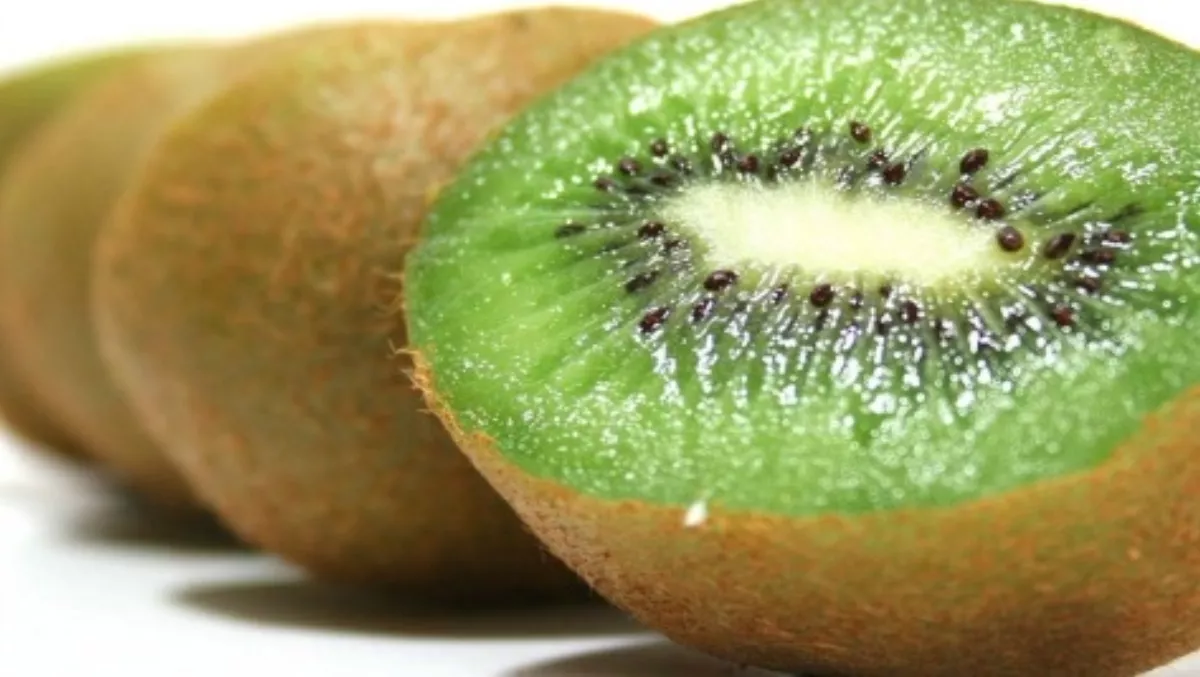
Interim results show more than 90 percent of New Zealand kiwifruit growers support a new blueprint for the industry though one grower, who this month raised concerns about a Zespri junket for international visitors, claims it doesn't fix the problem it set out to solve.
The Kiwfruit Industry Strategy Project put seven questions to growers to a vote relating to the long-term grower ownership, funding and structure of the $1.3 billion industry, which enjoys a legislated monopoly on export sales beyond Australia and is on the road to recovery following the devastating effects of the Psa-V disease.
KISP's independent chairman Neil Richardson said interim results from the referendum, which closed last Friday, show more than 90 percent of growers who voted supported all the proposals, with near universal support for continuing its single point of entry structure for marketing kiwifruit outside of New Zealand and Australia.
The voter turnout was two-thirds of growers representing 80 percent of production, which Zespri said compares with an average voter turnout in the primary industry of around 40 percent.
"New Zealand kiwifruit growers have given a clear message to Zespri, their grower representatives on NZ Kiwifruit Growers Incorporated, post-harvest operators, and the New Zealand Government as to how they want their industry structured and controlled," Richardson said.
Zespri said it represented a clear mandate for change and now requires government support, while Horticulture New Zealand said it was particularly pleased to see support for continuing the single point of entry and that industry consultation had been robust. The Maori Growers Forum has also welcomed the results, which will see the grower representative body, NZKGI, include a dedicated seat for Maori representation.
But western Bay of Plenty grower and NZKGI member Rod Thode described the result as "an appalling piece of manipulation by Zespri and its lackeys. "
Thode raised concerns this month that Zespri spent an estimated half a million dollars on wining and dining international visitors on a junket in New Zealand and has been critical of its transparency on spending in the past.
He said there's no doubt growers want a single desk structure based on one tray: one vote, and that growers' shareholding in Zespri be aligned with production.
When Zespri was formed 15 years ago, production and shareholding were aligned but the loose regulations allowed former participants to retain their shares when they exited the industry and for some existing growers to have a significantly larger number of shares than their production levels implied. With a lot of growers getting close to retirement, there was concern it could eventually be owned by former rather than current growers.
Richardson said it was difficult to fix the problem while avoiding future legal challenges when those holding dry shares and extra shares have a property right enshrined in law and can't be forced to sell.
The pragmatic answer under KISP is for a lengthy transition period wher,e for the first time, a cap will be introduced setting a ratio of no more than four shares to one tray of production. It was originally proposed asa 2:1 ratio, but feedback was it wouldn't get support from those holding dry shares and over-shared growers. Richardson said the cap could be adjusted in future.
After three years, dividends will also stop for dry shareholders and for over-shared shareholders on the portion of their shares that exceed twice their production for three years.
NZKGI said currently around 13.4 million (11 percent) of Zespri's 120 million odd shares are held by 464 former growers, with that increasing by one million shares in just six months last year. A further 6.5 million shares are held by 35 growers above the 4:1 cap.
The cap doesn't go far enough for Thode who said KISP delivers a "bastardised single point of entry where some growers can legitimately own four times the shares they need for alignment and receive four times the monopoly dividend".
"This is an unacceptable situation, given that growers currently have to supply 100 percent of their fruit. Around 30 percent of growers don't have shares in Zespri or are undershared. There is no proper market for shares, given the incentive of monopoly dividends that prevents shares being available at a fair price to allow alignment to be re-established," Thode said.
Richardson said it was critical to get the support of those holding the dry shares and those growers who are over-shared as changes can't be made unless 75 percent of them vote in favour of the strategy at a special general meeting or annual meeting.
Other changes under the strategy include seeking government approval to remove its rights under regulations 22 and 23 of the 1999 Kiwifruit Export Regulations to sanction changes to Zespri's constitution and instead hand control over to shareholders under the Companies Act.
Funding for Zespri will also change both in the formula used and that it will be enduring rather than negotiated each year. The suggested commission is on a cost plus basis of earnings before interest and tax of 2 percent on sales, once costs are taken out. Zespri also wants more flexibility in funding for collaborative marketing.
The referendum follows an 18-month consultation process, more than 650 submissions and 100 grower and industry meetings. Government approval for regulatory changes and shareholder approval are still required and are likely to take a further 12 months.